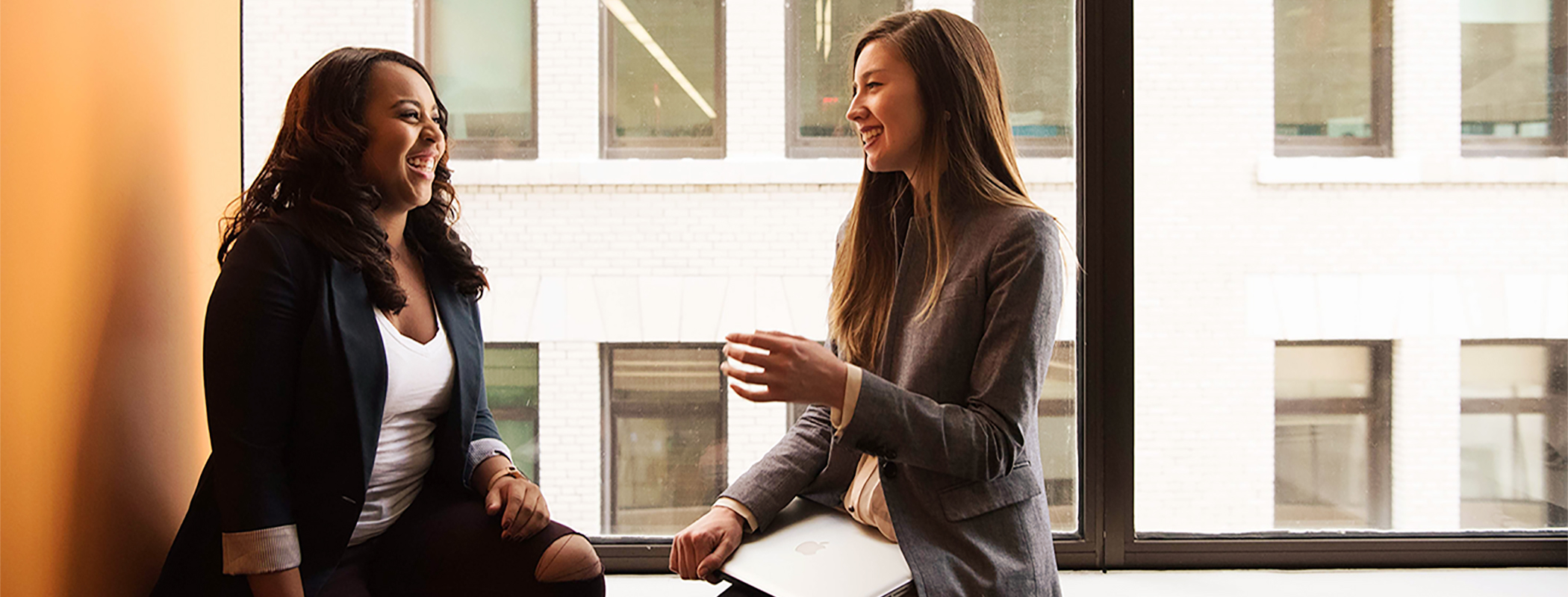Embarking upon a new dialogue
Claire Allinson, Registered Psychologist, writes about how Open Dialogue training led to a shift in how she thinks about her role with clients.

As I come to the end of my Masters of Clinical Psychology I have been presented with many opportunities and choices, with each one leading me closer to the kind of Psychologist I hope to be. Being offered a placement working within an Open Dialogue framework, I have been given the opportunity to further explore my own values and experience and also the broader perspectives around the utility of diagnosis and working in a radically client-centered way. I hope that over the next five months of this placement I am able to get closer to some answers on some of these questions, hopefully evolving closer into the psychologist I aspire to be.
Embarking on this Open Dialogue journey has been somewhat of an anxiety provoking notion, seemingly far from the therapeutic interventions covered in my almost eight years of study and practice. Strict ideas around mechanistic formulations, assessment and diagnosis seemed to be somewhat at odds with what I understood Open Dialogue to be. Active listening replaced by appreciative listening and strict boundary setting around self-disclosure softened, with encouragement to touch on own experience and relationships. As I begin this placement I hope to explore how or if these ideas can sit with what I have learnt up until this point and how to reconcile what this means for future clients.
I found that the ideas around appreciate listening strongly resonated with me. Reflecting on my previous client work I am drawn to the moments where I struggled to comprehend a client’s experience due to my own lack of similar life experience; or even feeling overwhelmed by what the client had disclosed and feeling a pressure to demonstrate my understanding. Working within Open Dialogue removes this pressure to prove some sort of understanding, and allows us to demonstrate empathy by sitting with the client and their experiences while acknowledging we can never truly understand how or what they may be feeling. Removing the need to discover some absolute truth about the client’s experience while continuing to employ curiosity and unconditional positive regard, has allowed me to completely sit with the client and has enabled me to listen more closely than I have up until now. This approach also removes the risk of invalidating and alienating the client when I inevitably get it ‘wrong’ or fail to understand what their experience means to them.
Being able to undertake the six-day intensive introduction to Open Dialogue was a real privilege and has already led to a shift in how I think about my role with clients. I look forward to working with the ideas discussed above and as I continue to learn and work within this modality, I am confident my understanding will continue to evolve. I look forward to seeing what new ideas will emerge allowing me to find more meaning and understanding in the dialogue.

